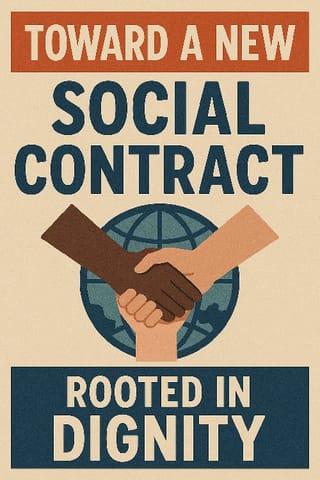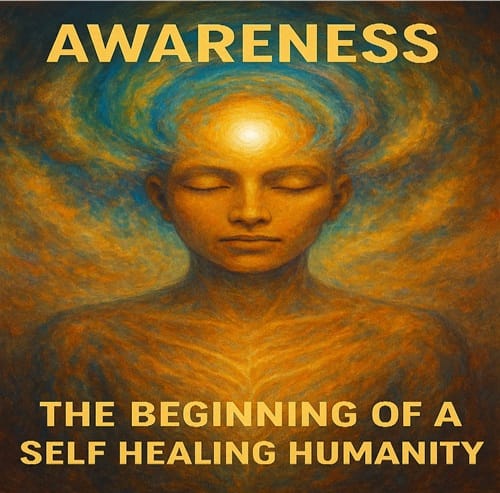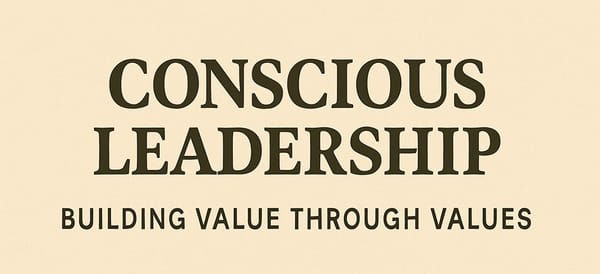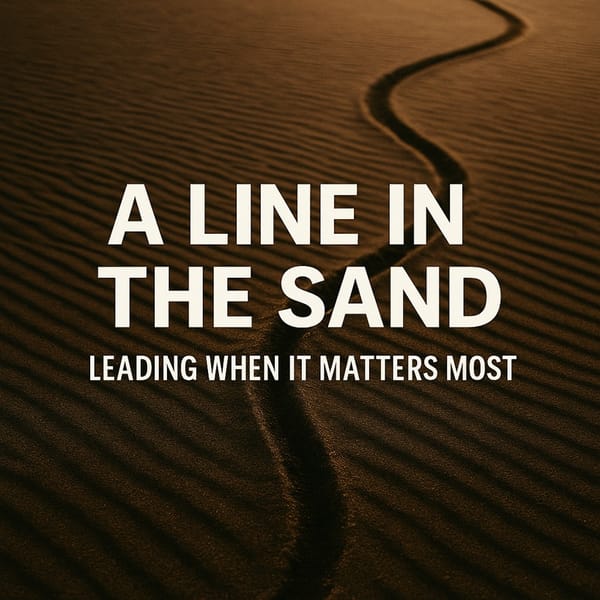Latest Articles
14 Articles
- Home
- Membership
- Contribute
- Profile
- Journalist
- Local Editions
- Subscriber Login
- Subscriber Register
- Journalist Login
- About
- AI News
- Global News
- Abbotsford
- Kitsilano News
- Langley News
- Nashville
- Okanagan
- Sea To Sky
- South Delta
- Vancouver
- Winnipeg
- Tariffs
- Finance
- Events
- Lead
- WBN Business Live
- Sports
- WBN News Today - January 23, 2026
- TV
- Featured Edition: Tariffs
- WBN Social
- Affiliate
- Ads
- Ethics News
Announcement










